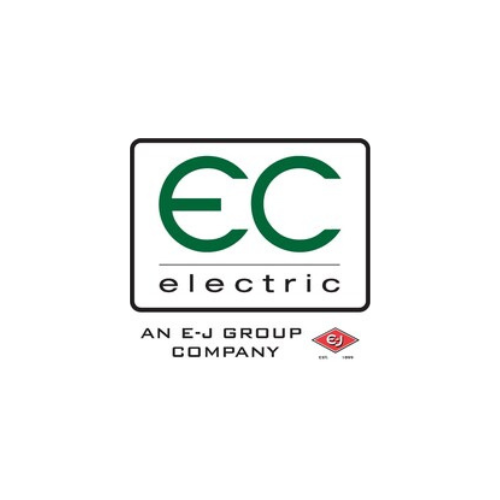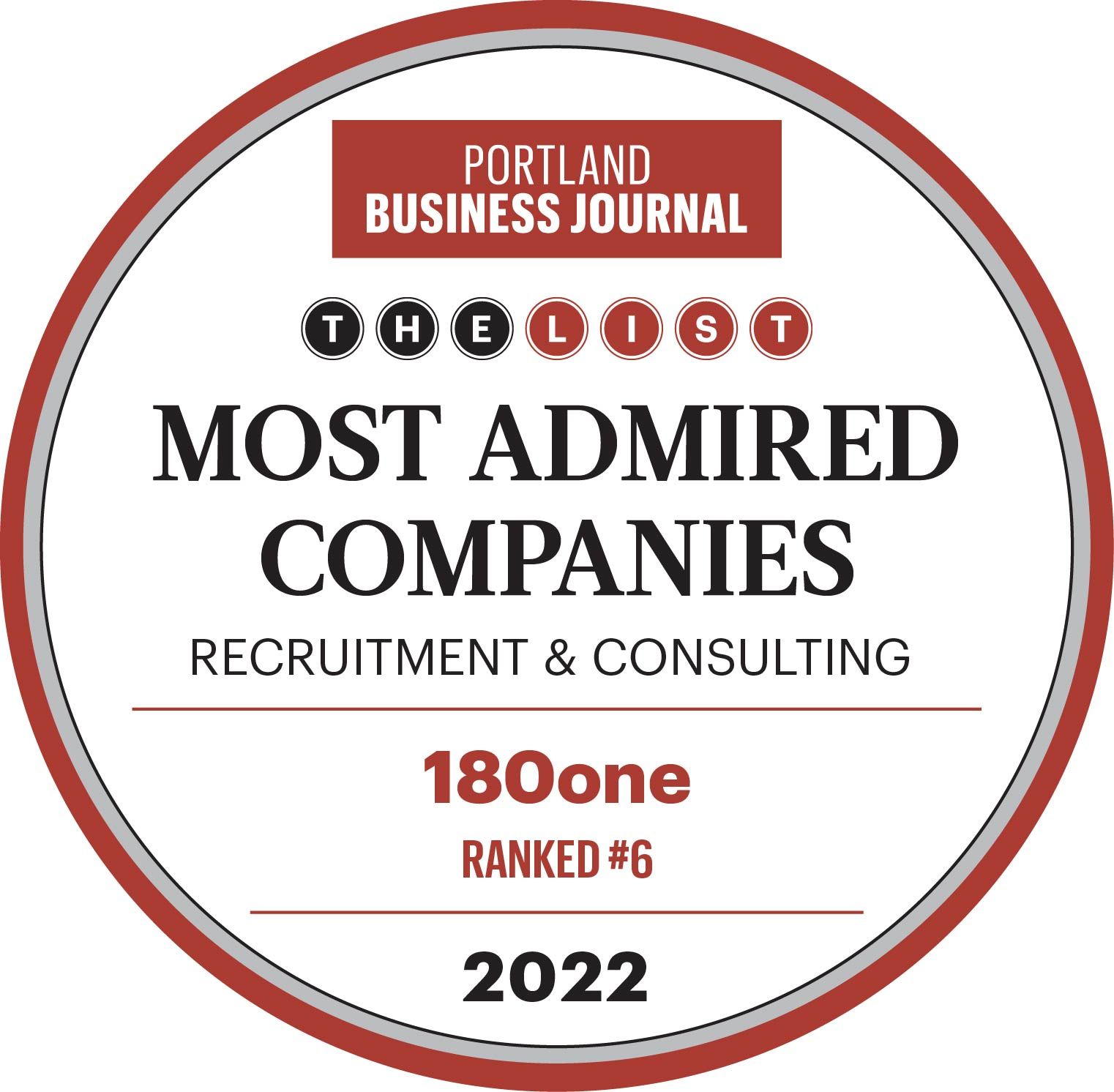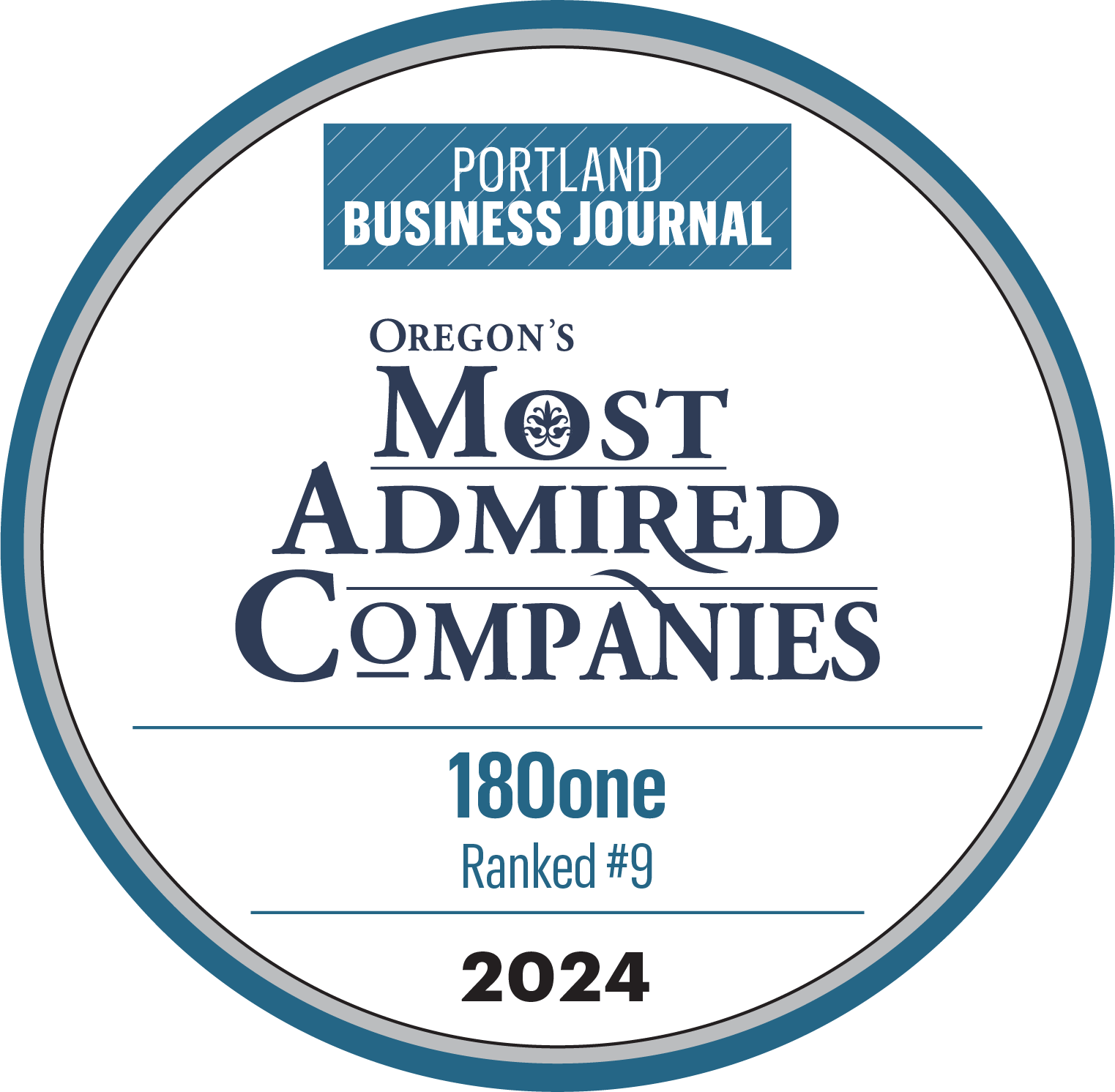Philosophy, Data and Structure; A Simple Guide to Executive Compensation
Executive compensation is at the top of your list of considerations when your company is recruiting. Hiring the most talented and aligned person for the job and retaining them—a simply stated goal that is far from simple. Compensation is a major piece of the recruiting puzzle.
You want to position the role competitively vis a vis other companies to make sure you don’t lose your ideal candidate to someone else. To ensure a successful search, you’ll focus on three priorities:
- Having a clear compensation philosophy
- Evaluating all compensation data
- Proactively setting compensation boundaries and planning
Compensation Philosophy
Your compensation philosophy will be your north star, keeping you on track to your goal. There are numerous considerations—not everyone’s viewpoint is the same. Different businesses focus on a range of factors when establishing their philosophy. For example, does your organization believe that compensation drives performance or that performance must drive compensation? Does your organization place more value on best in class medical and retirement benefits? Those and many other theoretical positions will inform your compensation philosophy.
There are many considerations as you establish a compensation philosophy. Questions to ponder are whether it’s important to:
- Align pay with your business’s annual and long-term performance goals
- Ensure your compensation program is justifiable and equitable in a competitive market
- Reward achievement, such as accomplishing specific objectives
- Consider how you’ll balance base salary with short- and long-term incentives
- Incorporate DEI values in your compensation scheme
- Maintain internal equity across similar levels in different functions
- Be a market leader, in the middle or follower with compensation for employees as compared to the competition
Once you come up with a compensation philosophy that will drive your recruitment and hiring, stay true to it.
Compensation Data
There are two basic ways to access current data about compensation within your field and in your part of the country. One is based on surveys and the other is real time data.
Surveys
Many companies will hire a consultant to conduct a compensation survey, looking at other companies in your industry that are commensurate in size and (if it’s important) operating in your geographic region. But those parameters can be misleading.
Consider whether you want to recruit from a different industry, believing that such an expanded search might bring in a skill set that will benefit you. You may be looking at companies that are larger and wealthier than yours, with the idea that the knowledge and experience of such a hire from one of those organizations will get your company to that next level. Most survey companies do not look at their targets through those lenses.
Surveys also cannot screen for businesses with a similar compensation philosophy. That information is rarely discoverable in public records for privately held companies, and we know that staying true to a philosophy is fundamental to a successful search.
A survey is definitely a piece of the picture, but probably the most notable issue with executive compensation comparison surveys is that there is a discrepancy between the actual market reality and the timing of the information they can gather. In some cases, by the time the survey is complete, the data could be antiquated for a variety of circumstance
Most executive compensation packages rely heavily on long-term incentive plans, but surveys mostly access information about base salary and bonuses. It is having a stake in the company that will drive executive wealth and spur the best candidates to join you, but except for publicly traded companies, information about equity is not disclosed. So how do you get accurate intel about what you’ll need to offer your recruits to get them to say yes?
Real-Time Data
The best way to get the inside scoop on executive compensation packages—including equity—is to work with someone who is close to the candidates - a search firm. Recruitment firms have a line on accurate, real-time information because they talk to candidates day in and day out, and though there are rules guiding what recruiters can ask, there is no rule about what a candidate can offer. It turns out, they tend to share this kind of information with recruiters.
If you want to have as much information as possible about what compensation looks like among the people you hope to recruit, combining survey data with the support of an executive recruitment firm should provide you a more accurate picture of the market.
Proactively Setting Compensation Boundaries and Planning
Once you have your compensation philosophy and the data you need to plan a winning compensation structure, be ready to make an offer. That means get pre-approval from your CEO, board, or whoever needs to sign off on compensation. And get it well in advance.
If your company uses a grading/leveling system to set compensation for each position, and the grade-range is out of line with what you know you’ll need in your recruitment, either adjust the candidate profile or use data to justify re-grading the position.
If your company is not yet able to offer equity, there are other ways to mirror that upside without an equity plan. If your targeted bonus range is lower than the market, perhaps adjusting the salary range can be the solution. to let you compete with bigger companies vying for the same candidate.
One of the most frustrating outcomes is to go through the entire recruitment process identifying the ideal candidate for the job—but there’s a gap in their compensation needs and what you have approved. If at this point you attempt to get approval to increase the compensation ranges, you’ll lose time, and all too often, you’ll lose the candidate as well. Once you have the candidate you want, you need to make a competitive offer fast. Good planning, understanding what you might be up against, and proactively addressing the issues before you conduct a search – make extending fast offer possible.
Pre-approvals are also important to consider based on the timing of conducting searches. If you are recruiting towards the end of the fiscal year, your best candidates may be a few weeks or months away from a sizeable annual bonus. You can either hire them with a delayed start date, having them sign a contract that begins after their bonus is earned and delivered, or, if time is of the essence, you can buy out the bonus they’ll be giving up with a commensurate sign-on bonus. Once you know who you want, use your compensation budget and flexibility to seal the deal.
Executive Compensation Can Move the Needle on Recruiting
The talent you are looking for is out there. Even if they are not knocking at your door, they are reachable—and hirable.
According to a survey conducted by Experteer, 97% of sitting C-suite executives are very open to being head-hunted for relevant vacancies even if they are not actively looking. A discreet approach (the expertise of recruitment firms) often yields terrific candidates, but having something special to offer is going to be key. That includes a tempting position in an exciting, change-making, or up-and-coming company and a competitive executive compensation package to get it across the goal line.
Understanding your compensation philosophy and sticking to it, leveraging real time market data to see the whole picture, and being ready and flexible with proactive planning, will put you and your organization in a better position to hire a quality leader who can take your business to the next level.






